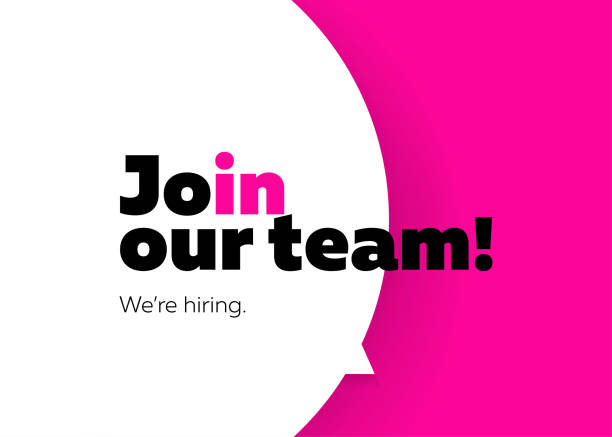Building Successful Career Pathways Through Team Integration
Professional development in team-oriented environments follows unique trajectories that differ significantly from traditional career advancement models. Team members develop not only technical expertise but also crucial soft skills including communication, conflict resolution, and collaborative leadership. These competencies have become increasingly valuable in today's interconnected business environment.
The mentorship opportunities within team structures provide accelerated learning experiences for professionals at all career stages. Junior team members benefit from direct exposure to senior expertise, while experienced professionals enhance their leadership capabilities through coaching and knowledge transfer activities. This reciprocal learning environment creates a culture of continuous improvement and professional growth.
Career progression within team-based organizations often involves lateral movements that broaden skill sets and industry knowledge. Rather than following rigid hierarchical advancement paths, professionals can explore diverse roles within different teams, accumulating varied experiences that enhance their overall marketability and adaptability in an ever-changing job market.




